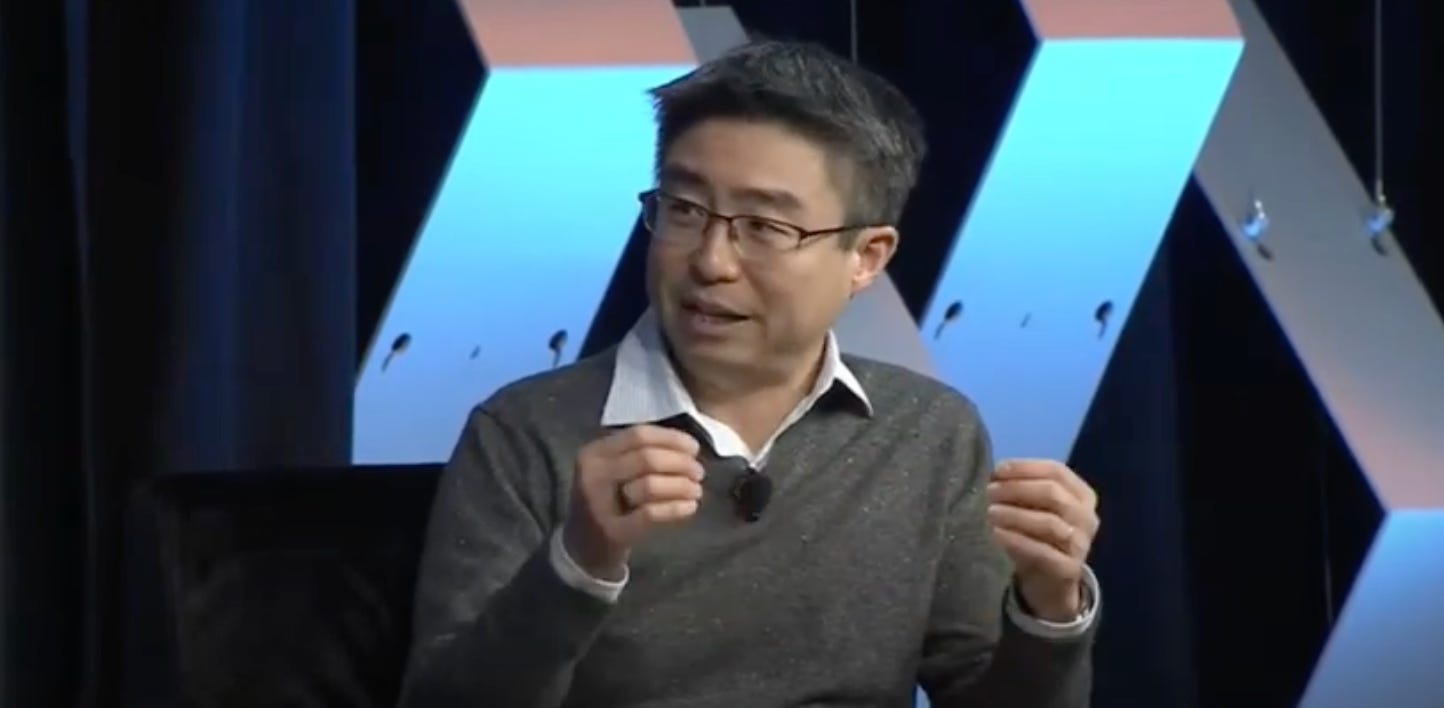Peter Deng, OpenAI’s Head of ChatGPT, sat down at SXSW this week get a few softballs lobbed at him. Instead, the host, Josh Constine, asked him a simple question, point blank: will ChatGPT ever pay artists for using their content?
“That’s a great question,” he said. The crowd of creators in the audience responded effusively. “I’m hearing from the audience they do.”
And then? Crickets.
Course Alert
For those with busy schedules we offer a one-hour Beginning AI for Marketers, PR, and Journalists (March 21): a crash course meant to rapidly bring novices up to speed on using generative tools. Even if you think you know the basics of ChatGPT and other chatbots already, this class will improve your use of it with a focus on advanced prompting techniques, underutilized features, and a set of go-to tools for speeding up work.
To be fair, no one in the generative AI space would answer that question at this point primarily because companies are actively calling for renumeration when it comes to training these models on copyrighted data.
From SciAm:
Several AI companies have argued that it is fair to train models this way without consulting or paying writers, photographers or other human creators. “AI development is an acceptable, transformative and socially beneficial use of existing content that is protected by fair use,” wrote Stability AI, which makes the popular image generator Stable Diffusion, in an October 2023 statement to the U.S. Copyright Office. A representative of the company told Scientific American that this remains Stability AI’s position.
This fair use view is far from universal. Disagreement with it is the basis for disputes such as the New York Times’ lawsuit against Microsoft and OpenAI, which alleges that the technology companies unlawfully used the newspapers’ stories to make chatbots. The issue also motivated computer scientist Ed Newton-Rex to quit his job at Stability AI last November. He has since launched a nonprofit organization called Fairly Trained, which certifies companies that only train their generative AI models on copyrighted material when they get a license to do so.
As I ranted yesterday, this theft will be the end of good content. Heck, even Google itself has long espoused a model of literal theft. It began by giving traffic to media companies, to much rejoicing, and ended with stealing the content on those sites to power a one-screen experience that, in turn, reduced the need to visit any sites. It’s an insidious and dangerous model because, in the end, who wants to make content if the only way to get real attention is to be completely disintermediated from it?
Journalists need to be paid. Writers need to be paid. PR people need to be paid. Marketers need to be paid. Novelists, poets, artists, singers, and musicians need to be paid.
That a C-Level dude at an AI company refuses to admit this is deeply problematic.


Leave a Reply